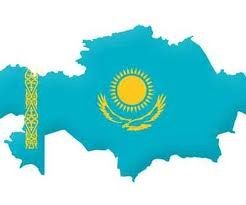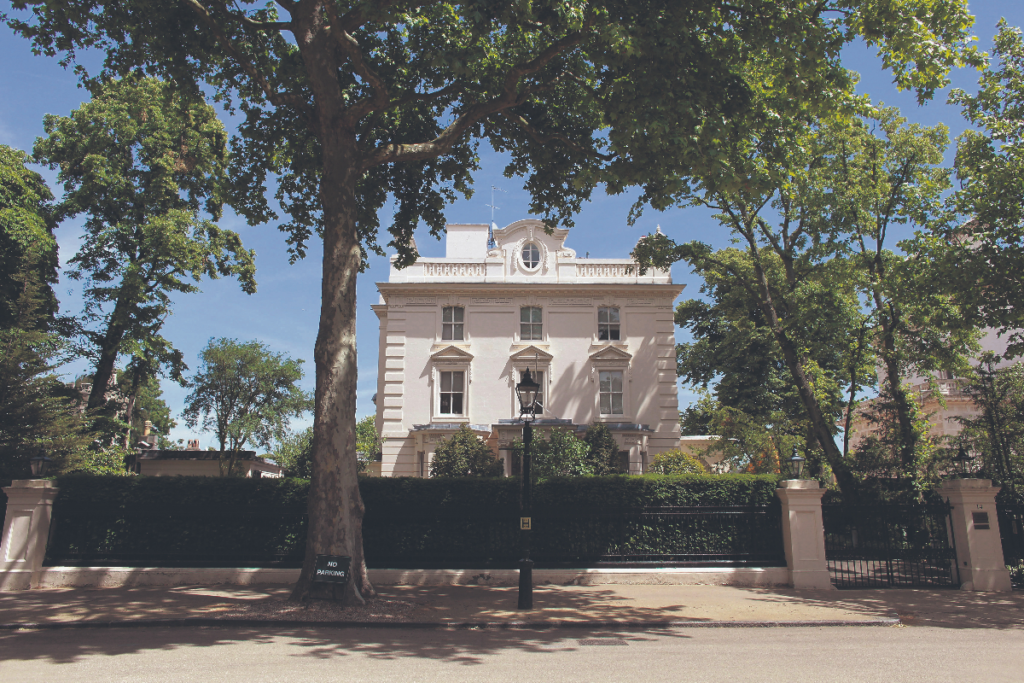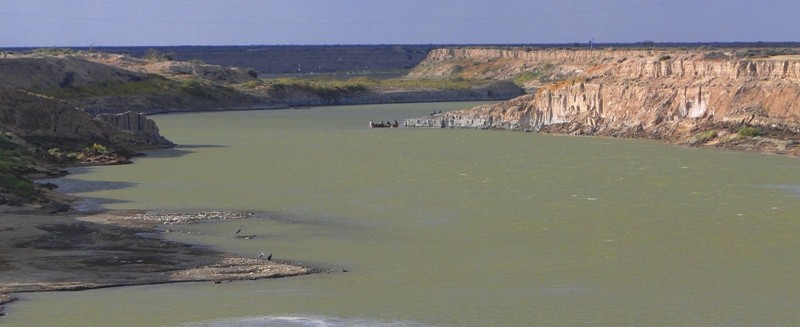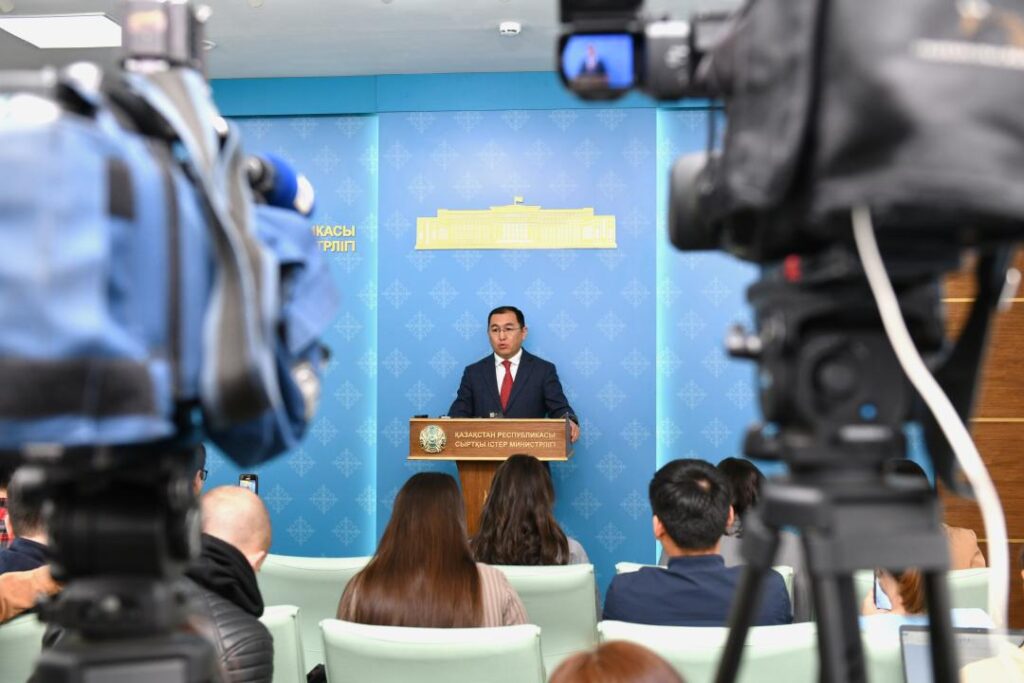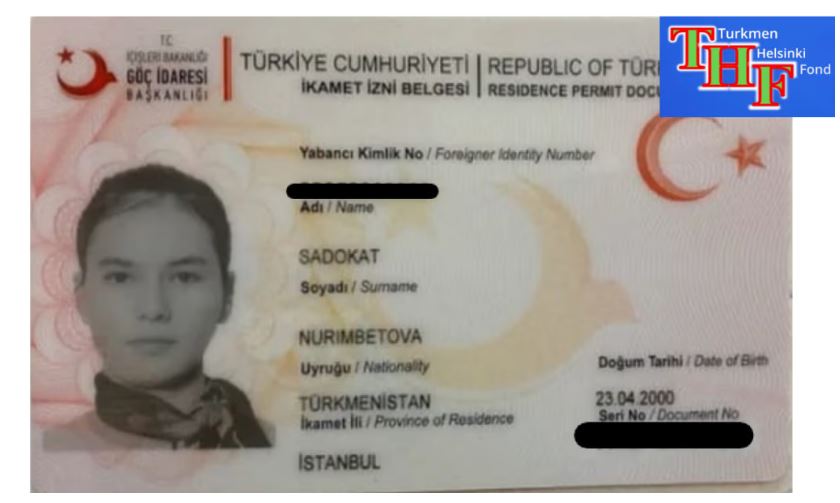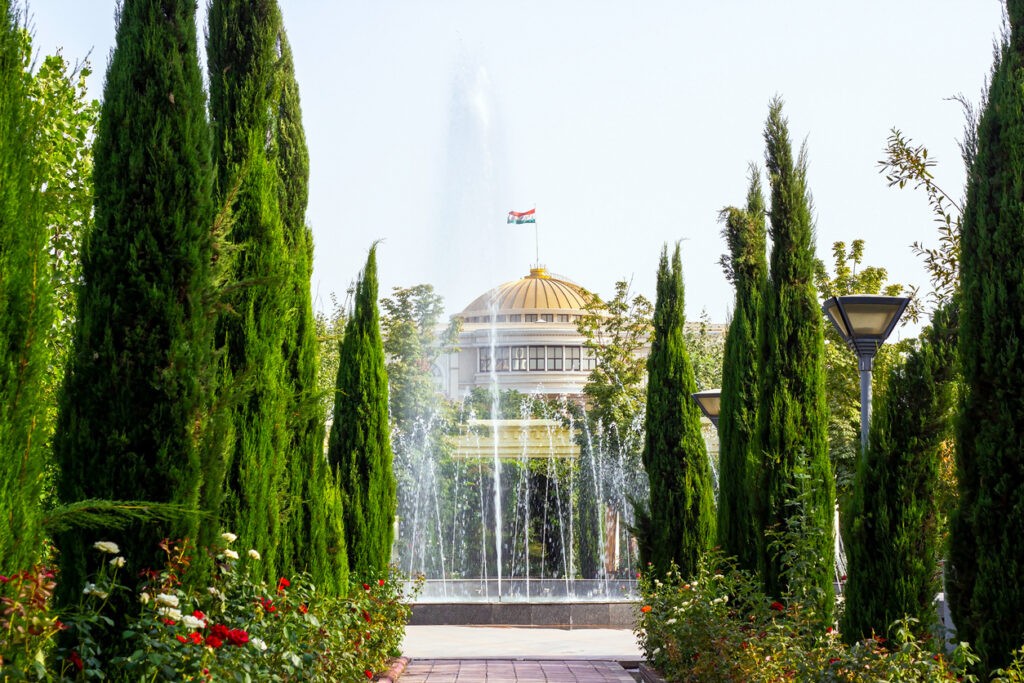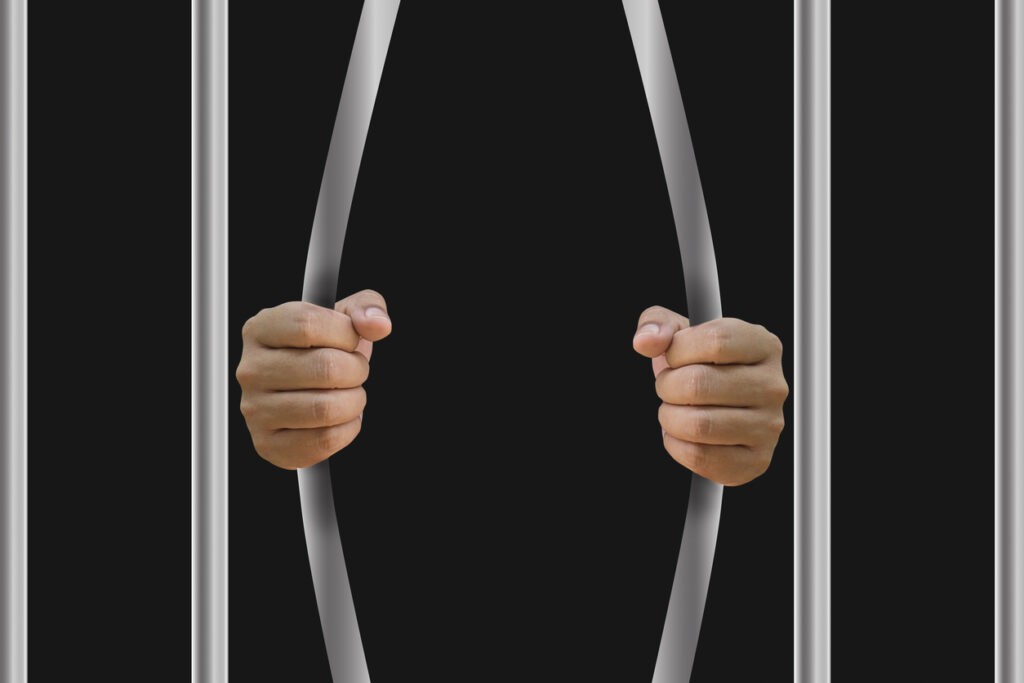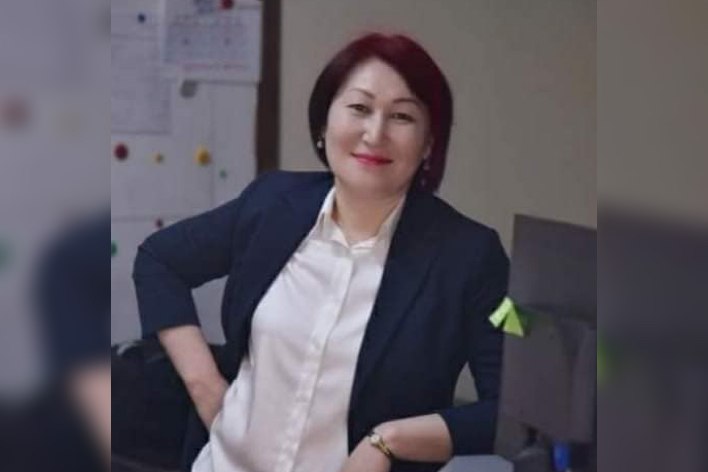NUR-SULTAN (TCA) — United States Ambassador to Kazakhstan William Moser in an interview to RFE/RL said Washington is “strongly encouraging” Kazakhstan’s government to improve the human rights situation in the Central Asian country.
“We talk to the [Kazakh] government continually about human rights,” Moser said.
“It is one of the most important issues on our bilateral agenda. And, as I have just said, we are working with the government of President Tokayev and this is one area where we are encouraging strongly that the government take the necessary reforms to improve the human rights situation in the country.”
Moser pointed to the need to relax the rules on the right of assembly. Last month, dozens of people from across Kazakhstan held single-person protests in Nur-Sultan against what they called unjust court rulings.
The men and women picketed the government’s building on September 9, accusing the government of reluctance to look into their demands.
Representatives of the city administration arrived at the site and called the pickets “illegal” even though single-person protests do not require official permission.
“One example I will think that is a concrete example is the discussion of a new law on the right of assembly,” Moser said.
“And a law that broadens the rights of assembly and protects this fundamental right will go a long way toward improving the human rights situation in the country.”
Protests over social issues, low incomes, police and court abuses, and poor living conditions have increased in recent months in Kazakhstan after five children from one family died when their home in the capital burned down in early February, RFE/RL’s Kazakh Service reported.
The U.S. envoy also pointed to Washington’s support for Kazakhstan’s efforts toward nuclear nonproliferation.
Kazakhstan inherited 1,400 nuclear weapons from the Soviet Union, but transferred them all to Russia by 1995 and has since signed up to the Nuclear Non-Proliferation Treaty.
“We have spent over $840 million [in Kazakhstan] on nuclear nonproliferation issues and over $200 million on biological threat reduction — both parts of the agreements made in the 1990s,” Moser said.
“It’s because of Kazakhstan becoming a responsible actor on the world stage that Kazakhstan has made a significant contribution to making the world safer,” the ambassador said.
